Okay, so… this is a book review.
Sounds a bit boring doesn’t it? I mean – a book review. I can’t remember the last time that I did a book review per se because I think I got bored with them myself. They’re everywhere, aren’t they? Online. In magazines. In newsletters. And part of me thinks – who needs ’em? Why add to the mass of unread ones out there?
I mean, if I’m going to celebrate a book, I’d rather write about it in some way that demonstrates – I dunno – how it’s changed the way I think about life and work in general, or the positive effect I saw it have on an acquaintance, or the way that it fits into a body of work in the same general area. But, no, in this case, I think I have a different reason.
I think I need to write a book review in this case because, y’know what, this is a superb book that I’ve enjoyed and I want to tell people that this is a superb book so that maybe they can enjoy it too.
So, yes… it’s a book on one of my favourite subjects: television soundtracks. And this isn’t an easy thing to write about in words. With a cold reading or analysis of a text, narrative or character, you’re geared up with the vocab that you need. If it’s design or direction or lighting, nab your frame grabs and get to work. But – music! Really? I mean, I was effectively thrown out of music classes in junior school for being tone deaf… and while it’s a subject that I adore, I really can’t make head nor tail of these dots and squiggles that leap from line to line and bar to bar and I can barely tell a marimba from a Martenot and I can’t even spell base properly…
… but what Jon Burlingame manages here in Music for Prime Time (2023) is to give me this rich, sumptuous text that circumnavigates my ignorance and lets me enjoy the music through the words.
Plus… it comes with bonus interviews. And bonus history lessons. And bonus references to soundtrack albums that I can scurry off to buy on amazon.
So, Jon’s an academic and this is from an academic publisher – Oxford University Press – so it’s the kind of academicy work that you’d expect to find on an academicy site like this, but if you’ve arrived here on this page without the benefit of a tertiary education qualification, don’t surf on just yet Grandma because this is a tome that’s refreshingly and comfortingly written in English. Also, given that it’s all academicy and everything, it’s not even that expensive… even in hardback.
There’s also no literature review to plough through – after the acknowledgements it’s bang onto The Lone Ranger (1949-1957)… and after that the fun just doesn’t stop for the next 424 joyously tuneful pages.
The opening chapter, Hi-yo, Silver, explains very clearly about the birth of TV music from the worlds of movies and radio, the extended use of production cues being repurposed from film company archives, the emergence of television music as a thing in its own right, and how the creatives to craft this new artform were brought into a totally new field. Then you’re into some tasty beats with Book ’em, Danno, the territory of some of the most collectable and engaging soundtracks that accompany police and detective shows… and also an explanation of how different studios took different approaches to TV scoring. Head ’em Up! Move ’em Out! revealed to me that the whole subject of Westerns was far more diverse and rich than I’d ever realised, while the more experimental and strange compositions for fantasy and science-fiction shows were covered in You are travelling through another dimension. More dramatic fare divorced from cowboys, gumshoes and spaceships is covered in Man, woman, birth, death, infinity which also embraces the high-end primetime soaps as well as the gritty East Coast vehicles, while light relief across the decades is encapsulated in Just sit right back and you’ll hear a tale. Action-adventure – as an adjunct to the police procedurals – is also a very collectable subject with the likes of Napoleon Solo and Jack Bauer having their acoustic accoutrements assessed in Your mission, should you decide to accept it.
All wonderful, evocative, exciting stuff, I’m sure you’ll agree. Many of you are probably listening to Lalo Schifrin or Dave Grusin or Jerry Goldsmith or Bernard Hermann at this very moment.
But then at page 282, the tome takes me into even more rewarding and unexpected territory, away from the sub-culture trappings of established genre fandom. You are there is a super crash-course for me in US documentary, news and information programming, with the historical context every bit as fascinating as the musical elements… and, yes, the Victory at Sea (1952-1953) scores from Richard Rodgers (yes, that one) are quite something aren’t they? But beyond that, I’m learning so much about how the US networks have approached factual programming in their schedules over the decades. Similarly, the subject of primetime cartoons – something rather alien to my own experiences viewing in the UK – is covered quite superbly with excellent examples in Flintstones! Meet the Flintstones! which also encouraged me to seek out the expansive and exciting scores of Hoyt Curtin and Ted Nichols for Jonny Quest (1964-1965) and the origins of those lovely jazz motifs on the Charlie Brown animations.
The notion of the miniseries and its history is something that’s only tangentially sliced across my own research over the years, so having this form – and its cousin the TV movie – explained in My name is Kunta Kinte was another source of educational delight, and far more important than I’d imagined. I was then back in comfortable and familiar territory as the tunes associated with British series carried by the US networks were assessed in Mrs Peel, we’re needed. But then there was more to learn as the text closed with a section on how the way in which we view has changed programming and in turn changed the approach of music in This is the way – a perfect sign-off that makes me understand how this fascinating sub-slice of TV history has changed across seven decades.
Around this more factual or historical central structure, we dip into the lives of key players and have the narrative brought to life via a commentary from composers, arrangers, technicians and publishers. Perfectly formed little biographies celebrate creative individuals in the body text or running along the foot of several pages in carefully presented box-outs.
Then there’s also the comments on the available soundtracks which – as I say – flag up the fact that, my goodness!, Dave Brubeck – yes, Dave Brubeck! – was involved in the scoring of Mr Broadway (1964). I’d never really been aware of this short-lived CBS drama… but through the miracle of modern technology, within minutes of reading about it in Jon’s text, I was savouring the smooth jazz offerings from this comparatively obscure piece of TV history.
Furthermore, I learn about how the shape of television has changed – union regulations which restricted retracking and forced composers into European studios, the way that technology allowed channel-hopping and saw the death-knell for the title sequence… but also the way in which viewers had a different approach to pay-per-view, and how the way that series became scored and the way we access this source material has changed across the decades.
And to do all this through words on the printed page, bringing this sense of music to life so vividly and with such energy, is really a lyrical masterpiece in itself. Nice one Jon!
And that’s why – for the first time in ages – I’m just doing a boring old book review. Because I know that this is a superb book.
And now I hope that you know it too.
Andrew Pixley is a retired data developer. For the last 30 years he’s written about almost anything to do with television if people will pay him – and occasionally when they won’t. So – come on all of you out there in academia land! What pieces of TV music are important to you? Post them in the comments section below with your memories of when they grabbed your attention and how they make you feel when you hear them. Let’s see how rich this overlooked little corner of television actually is! And, look, here’s a blog by Jon himself with examples to get you going! Happy listening!


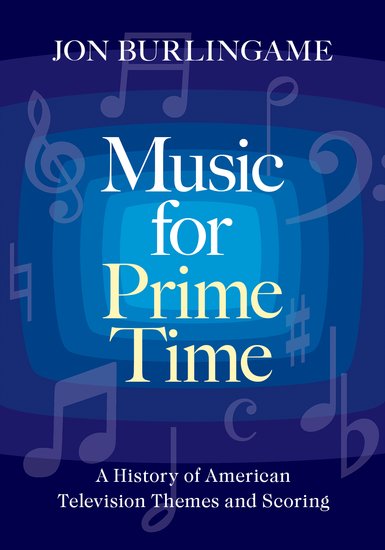
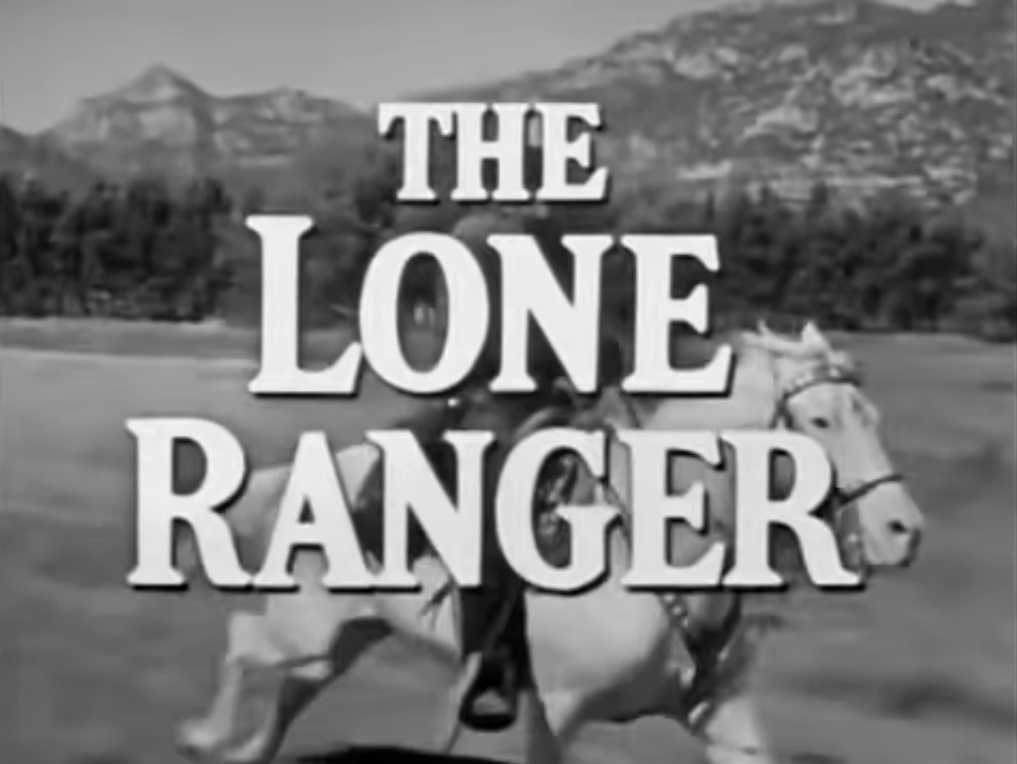
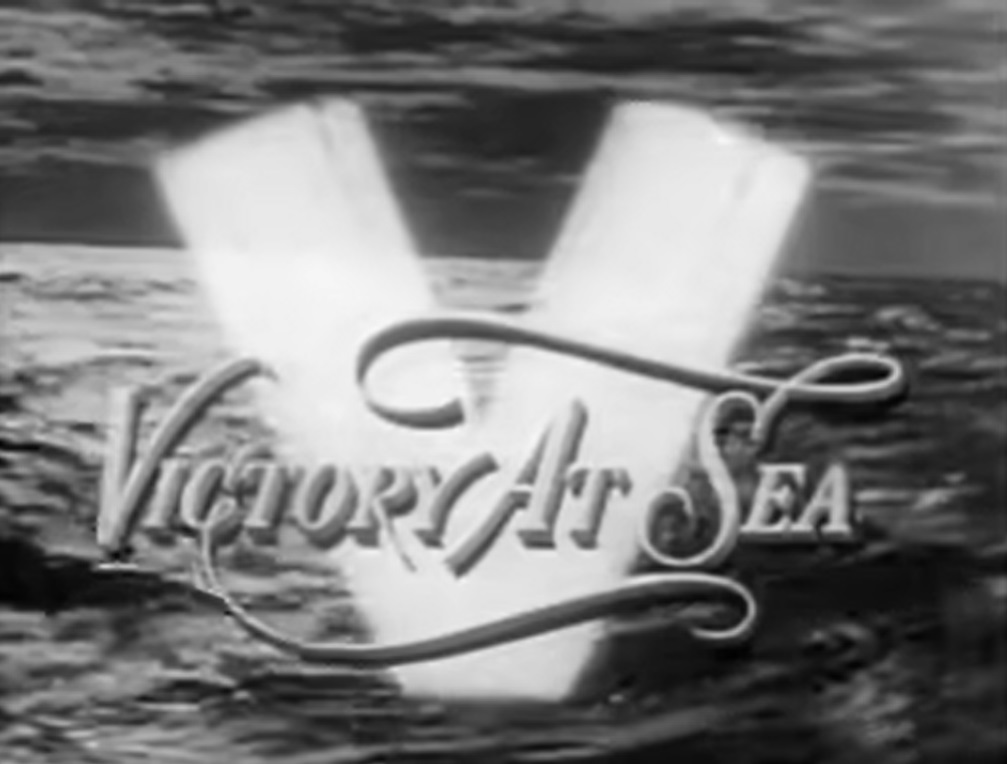
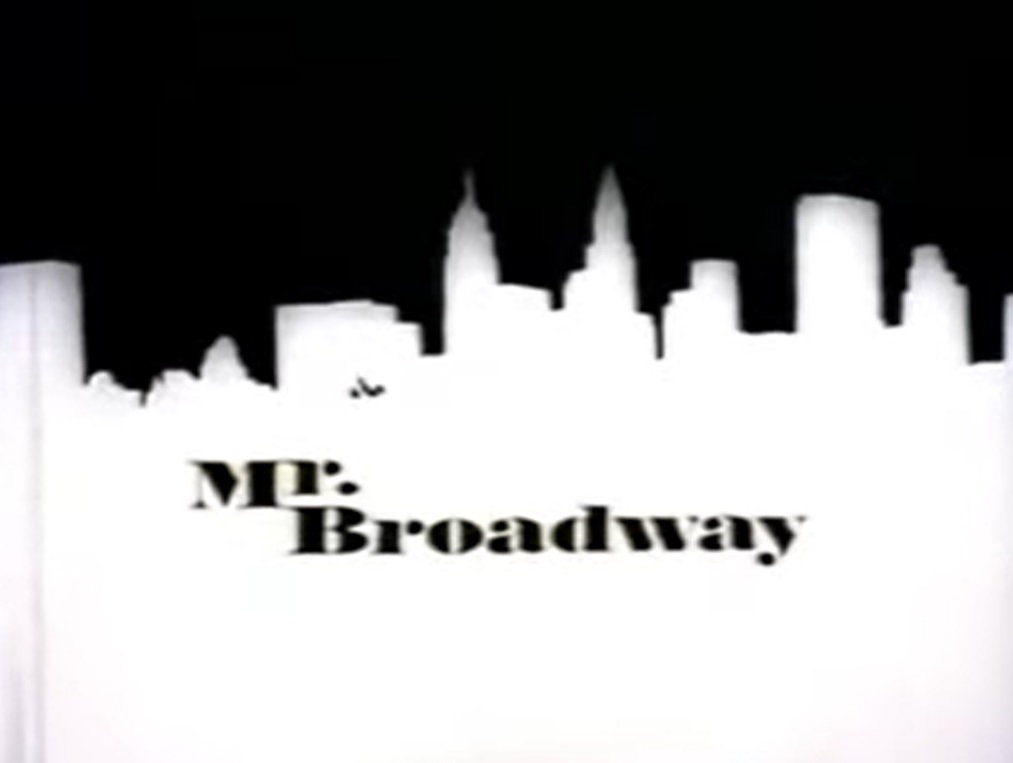

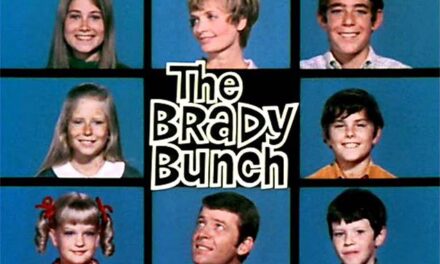

Well, you’ve convinced me yet again to spare some room on my shelf (ok, the ebook-shelf :P) for a new (e)book. Nice one, Andrew! 😉
Hope you enjoy it as much as I did Melissa! 🙂
And don’t forget that there’s amazing companies like Silva Screen and La La Land and Varèse Sarabande and Quartet all doing amazing releases of this material to savour. We’re really rather spoiled at present…
All the best
Andrew